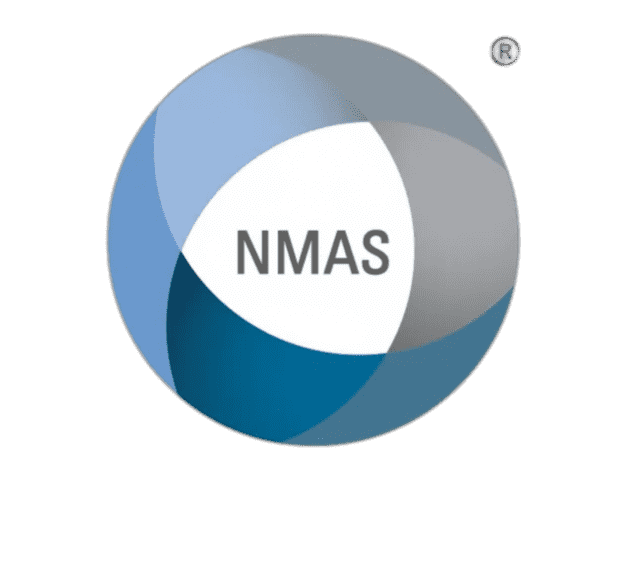Ms Baker, a 54-year-old female, experienced a non-compensation-related physical injury that resulted in significant pain and fatigue. This pain led to her withdrawal from social activities, a reduction in work hours, and adjustments to her duties. She described the pain as all-consuming and debilitating, impacting every domain of her life including work, social interactions, relationships, and self-care. Ms Baker reported feeling a loss of identity and ability due to the impact of her injury on her life.

During the initial needs assessment with ELEV8 Consulting, the following psychosocial screening scores were identified:
Orebro Musculoskeletal Pain Questionnaire (ÖMPQ):
- Score: 135, indicating a high risk of long-term disability.
Brief Coping Skills Questionnaire:
- Relating to Others: 7 (High), indicating significant difficulties in her relationships and social interactions, which could negatively impact her recovery.
- New Possibilities: 2 (Moderate), suggesting moderate struggles with seeing new opportunities, which may affect her motivation and outlook.
- Personal Strengths: 2 (Moderate), indicating some resilience but also significant challenges in her perception of personal strengths.
- Spiritual Change: 0 (None), reflecting no perceived spiritual changes, which can be a factor in coping and recovery.
- Appreciation of Life: 4 (High), suggesting a relatively strong appreciation for life, which can positively influence her recovery journey.
Pain Self-Efficacy Questionnaire (PSEQ):
- Score: 15, indicating severe impact of pain and very low confidence in managing pain.
Upper Extremity Functional Index (UEFI):
- Score: 23.75% of Maximal Function, indicating significant difficulty with upper limb activities.
Ms Baker participated in the Phoenix Rise After Injury Adjustment to Injury Counselling Program, which included eight telehealth coaching sessions on a fortnightly basis with a Rehabilitation Counsellor. The program focused on the cycle of acceptance, emotional awareness and regulation, building resilience, and fostering a growth mindset.
It effectively addressed Ms Baker’s challenges by helping her understand the power of change, navigate the stages of acceptance, develop skills to manage emotions, enhance her ability to cope with stress and adversity, and encourage a positive and proactive approach to recovery.
At the conclusion of the program, Ms Baker reported that while she still experienced daily pain, it was more manageable and no longer all-consuming. Her scores demonstrated significant improvement:
Örebro Musculoskeletal Pain Questionnaire (ÖMPQ):
Final Score: 90, indicating a reduced risk of long-term disability.
Brief Coping Skills Questionnaire:
- Relating to Others: 4 (Moderate), indicating improved but still present challenges in her social interactions and relationships.
- New Possibilities: 4 (High), reflecting a positive outlook towards new opportunities despite ongoing pain.
- Personal Strengths: 3 (Moderate), showing increased resilience and perception of personal strengths.
- Spiritual Change: 2 (Low), indicating some level of spiritual change that may aid in coping and recovery.
- Appreciation of Life: 5 (High), suggesting a strong appreciation for life, positively influencing her recovery journey.
Pain Self-Efficacy Questionnaire (PSEQ):
- Final Score: 28, indicating moderate confidence in managing pain.
Upper Extremity Functional Index (UEFI):
- Final Score: 45% of Maximal Function, reflecting improved ability to perform daily tasks.
Following the program, Ms Baker was able to successfully participate in a return-to-work program, achieving her pre-injury duties and hours. The Phoenix Rise Program significantly enhanced Ms Baker’s mental well-being, resilience, and overall quality of life, enabling her to better manage her injury and its effects on her daily activities.








